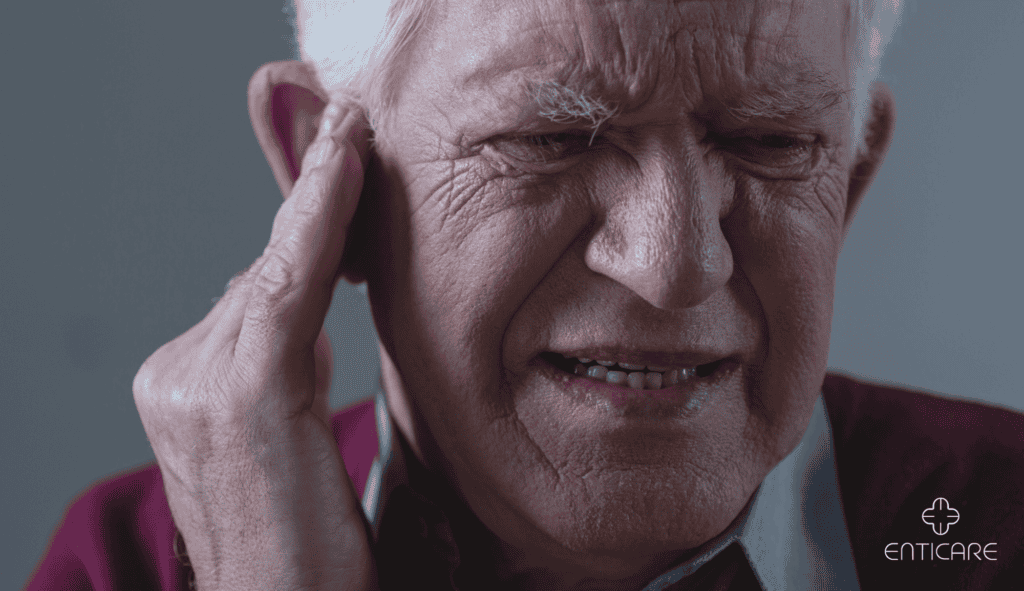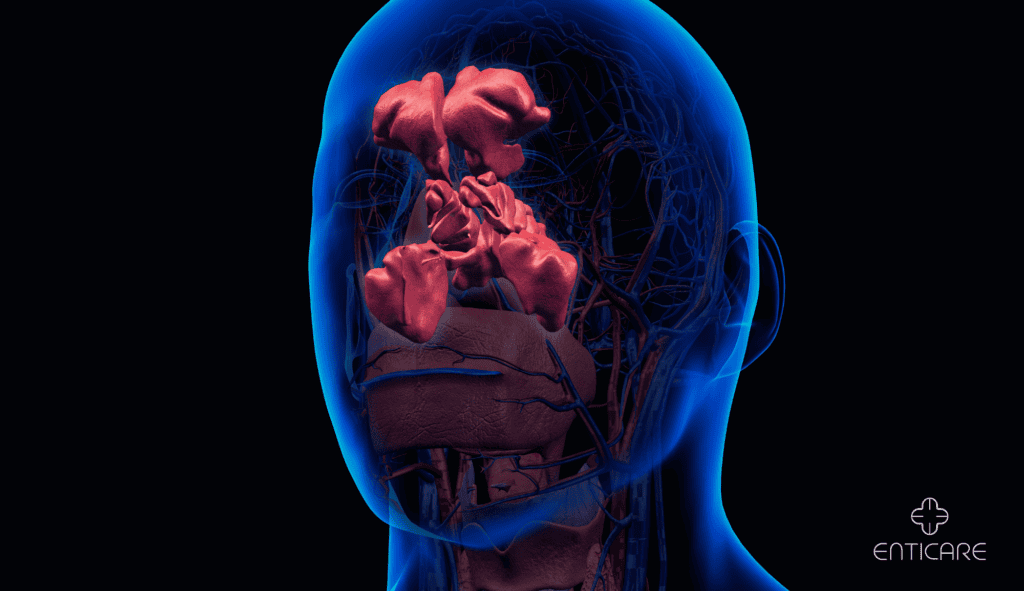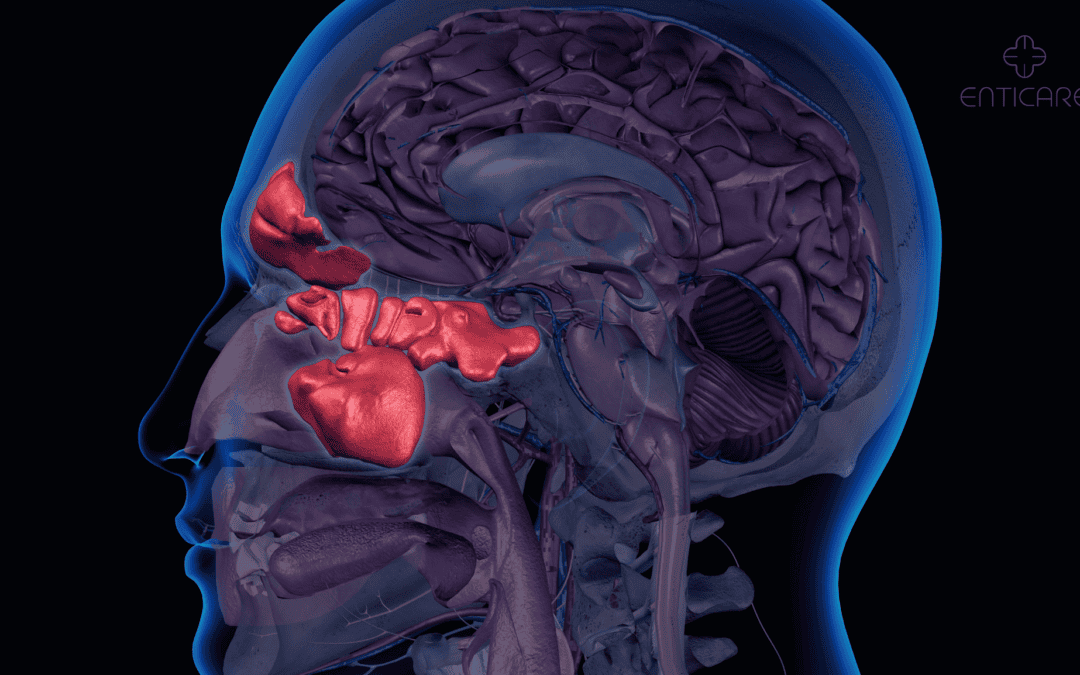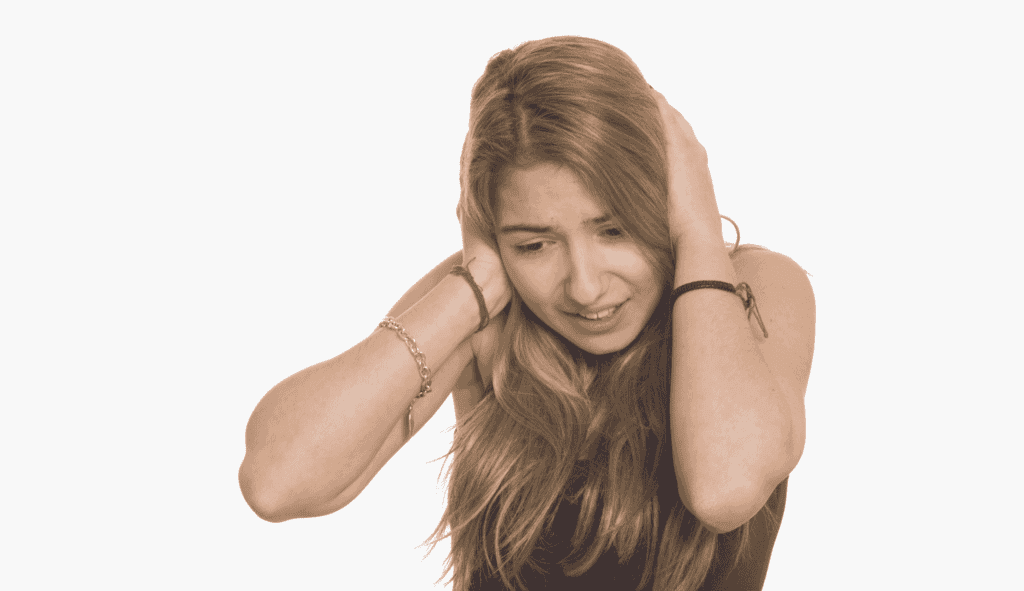Experiencing clogged or ringing ears can be both frustrating and concerning. Whether it’s a temporary blockage or a persistent ringing sound, understanding the causes can help you find relief and prevent future occurrences. In this article, we’ll explore the various factors that contribute to clogged and ringing ears, provide insights into potential treatments, and guide you on when to seek professional help.

Understanding Clogged Ears
Clogged ears can stem from multiple causes, each affecting your hearing and comfort differently. Let’s delve into some of the most common reasons your ears might feel blocked.
Earwax Buildup
Earwax, or cerumen, plays a crucial role in protecting your ear canal from dust, bacteria, and other harmful particles. However, excessive earwax can lead to a blockage, causing your ears to feel clogged.
- Symptoms: A feeling of fullness in the ear, muffled hearing, and sometimes, ear pain.
- Causes: Overproduction of earwax, improper ear cleaning techniques, or narrow ear canals.
- Prevention: Regular ear hygiene and avoiding the use of cotton swabs inside the ear canal.
Fluid in the Ear
Fluid buildup in the ear can occur for various reasons, including infections and allergies. Sinus infection symptoms, such as nasal congestion and pressure from swollen sinus cavities, can lead to fluid buildup in the ear, causing a clogged sensation and impacting your hearing.
- Causes: Ear infections, sinus infections, colds, or allergies can cause fluid to accumulate behind the eardrum.
- Symptoms: A feeling of pressure or fullness in the ear, difficulty hearing, and occasional pain.
- Treatment: In most cases, fluid in the ear resolves on its own, but persistent symptoms may require medical attention.
Eustachian Tube Dysfunction
The Eustachian tube, which connects the middle ear to the back of the throat, helps regulate air pressure in the ear. When this tube becomes blocked or does not function properly, often due to nasal congestion, it can result in clogged ears.
- Causes: Sinus infections, allergies, colds, or altitude changes.
- Symptoms: A popping or clicking sound in the ear, muffled hearing, and a feeling of fullness.
- Treatment: Nasal decongestants, antihistamines, or, in some cases, a minor surgical procedure.
Exploring Ringing Ears (Tinnitus)
Sinus congestion can lead to ear ringing, or tinnitus, affecting millions of people worldwide. The condition varies in intensity and can significantly impact your quality of life.
Noise-Induced Hearing Loss
Exposure to loud noises is one of the leading causes of tinnitus. Whether it’s a one-time exposure to a loud concert or prolonged exposure to loud machinery, noise-induced hearing loss can result in ringing ears.
- Causes: Listening to loud music, working in noisy environments, or sudden exposure to loud noises.
- Symptoms: A constant or intermittent ringing, buzzing, or hissing sound in the ears.
- Prevention: Using ear protection in noisy environments and keeping the volume down on personal audio devices.
Age-Related Hearing Loss
As we age, our hearing naturally declines. Age-related hearing loss, or presbycusis, can often be accompanied by tinnitus.
- Causes: The gradual deterioration of the inner ear’s sensory cells due to aging.
- Symptoms: Difficulty hearing high-pitched sounds and a constant ringing or buzzing in the ears.
- Treatment: Hearing aids or sound therapy can help manage symptoms.
Inner Ear Infections and Blockages
Tinnitus can also result from ear infections or blockages, including earwax buildup, fluid in the ear, or complications from a sinus infection that affects ear health.
- Causes: Infections, excessive earwax, foreign objects in the ear canal, or sinus infections.
- Symptoms: Ringing in the ear, along with pain, discharge, or hearing loss.
- Treatment: Treating the underlying infection or blockage can often resolve tinnitus.
Other Potential Causes
Several other factors, such as a swollen sinus cavity, can contribute to clogged or ringing ears, ranging from minor issues to more serious health concerns. These factors can also contribute to ear ringing, making it important to identify the underlying cause.
Jaw Disorders (TMJ)
The temporomandibular joint (TMJ) connects your jaw to your skull. Disorders of this joint can cause a variety of symptoms, including facial pain, ear discomfort, and tinnitus.
- Causes: Misalignment of the jaw, arthritis, or teeth grinding.
- Symptoms: Pain or clicking in the jaw, headaches, and ringing in the ears.
- Treatment: Physical therapy, dental splints, or, in severe cases, surgery.
Meniere’s Disease
Meniere’s disease is a chronic condition affecting the inner ear. It can cause episodes of vertigo, hearing loss, and tinnitus.
- Causes: The exact cause is unknown, but it may involve abnormal fluid buildup in the inner ear.
- Symptoms: Sudden episodes of vertigo, hearing loss, a feeling of fullness in the ear, and tinnitus.
- Treatment: Medications, lifestyle changes, or, in some cases, surgery.
Medications and Health Conditions
Certain medications and health conditions can also lead to tinnitus or a feeling of clogged ears.
- Medications: Some antibiotics, diuretics, or high doses of aspirin can cause tinnitus as a side effect.
- Health Conditions: High blood pressure, diabetes, or thyroid disorders can contribute to ear symptoms.
- Prevention: Regular check-ups with your healthcare provider to monitor and manage underlying conditions.

When to Seek Professional Help
While occasional clogged or ringing ears may not be a cause for concern, persistent symptoms can indicate a more serious issue that requires professional attention. Persistent ear ringing can be a sign of a more serious issue that requires professional attention.
Persistent or Severe Symptoms
If your symptoms last longer than a few days, or if they are severe and affect your quality of life, it’s time to seek medical treatment by consulting healthcare professionals.
- Signs to Watch For: Persistent pain, significant hearing loss, dizziness, or discharge from the ear.
- Action to Take: Schedule an appointment with an ear, nose, and throat (ENT) specialist.
Impact on Daily Life
If clogged or ringing ears are interfering with your daily activities, work, or sleep, don’t ignore the problem. Issues with the nasal passages can lead to sinus infections that affect ear health, causing symptoms like tinnitus, ear pressure, and hearing disturbances.
- Symptoms: Difficulty concentrating, trouble sleeping, or increased stress levels.
- Treatment Options: Your doctor may recommend hearing aids, sound therapy, or other interventions to improve your quality of life.
Potential for Permanent Damage
Ignoring clogged or ringing ears, often caused by sinus pressure affecting ear health, can sometimes lead to permanent damage if the underlying cause is not addressed.
- Risks: Untreated infections, continuous exposure to loud noises, or ignoring symptoms can result in long-term hearing loss.
- Preventative Measures: Regular hearing check-ups and early treatment of any ear-related issues.
Don’t Let Ear Issues Go Unchecked
Clogged or ringing ears can be more than just a minor annoyance; they can be a sign of an underlying health issue that needs attention. Understanding the causes and knowing when to seek help can make a significant difference in your hearing health. If you’re experiencing persistent symptoms, don’t wait—schedule an appointment with our specialists at ENTiCare Hearing today.
Resources:


